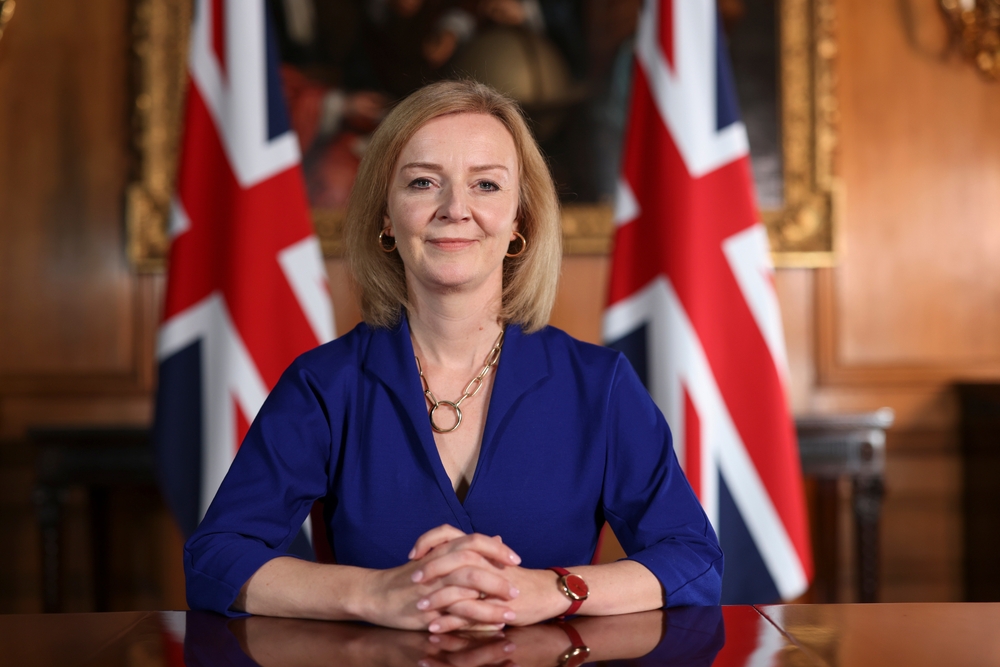Tue Sep 06, 2022
Britain's New Prime Minister: Liz Truss
The Prime Ministerial knot in the UK was finally untied. The day we left behind, Foreign Minister Liz Truss became the new leader of the Conservative Party and the country's third female prime minister against her rival, former Finance Minister Rishi Sunak.
In the coronavirus pandemic, former Prime Minister Boris Johnson was asked to resign from the opposition after the entertainment events he attended during the quarantine period. For a very long time, his position as prime minister was also in danger. Indeed, former Prime Minister Johnson was fined several times. Afterward, he apologized and rejected the calls for his resignation.
But the reactions to Johnson had not subsided. In early June, a vote of no confidence was held within the Conservative Party after 54 lawmakers from the Prime Minister's party wrote a letter of no confidence against Johnson. Johnson's victory did not last long, as he achieved the desired result with 211 votes against 148. Shortly after the no-confidence vote, ministers and lawmakers who demanded Johnson leave his post in reaction created a wave of resignation. In just 48 hours, a total of 56 members of parliament and ministers joined the resignation caravan.
Johnson, who could not stand the pressure, resigned when the dates showed July 7 and announced that he would sit in the Prime Minister's seat until the new leader was elected. After all this, the race for the new Prime Minister had officially begun in the country. On July 12, 8 candidates for the new Prime Minister's Office shared their trump card, while Foreign Minister Liz Truss and former Finance Minister Rishi Sunak eliminated their opponents at the end of 5 rounds of voting within the Conservative party.
On the day we left, 172,438 Conservative Party members voted in the sixth and final election. Truss received 56.3% of the votes with 81 thousand 326 votes, and Rishi Sunak, the former Minister of Finance with 43.7% of the 60 thousand 399 votes. Liz Truss, 47, became Britain's third female prime minister after Margaret Thatcher and Theresa May. The new cabinet will be announced, and the new Prime Minister Truss will meet with Queen Elizabeth today in Scotland to accept the authority to form the government.
One step back: Liz Truss was born on 26 July 1975. She graduated from Oxford University with a degree in philosophy, politics, and economics. Truss, who previously held various cabinet positions in the government, took over as Minister for Women and Equality in 2019. She has also been Minister of Foreign Affairs since 2021.
Following the election, Liz Truss stated, "I ran as a conservative throughout the election campaign, and as a conservative, I will run the country." Truss stated that they will take immediate action to help the public pay their energy bills, emphasizing that they will bring solutions to issues such as tax cuts, energy issues, national health services, and Brexit as soon as possible.
Pressure on the pound has eased to a limited extent as election uncertainty has largely disappeared in the UK. But the pound is unlikely to enter a meaningful recovery cycle as recessionary concerns over the country's economy remain high.
